Specialty Glass Size
Specialty Glass Market Growth Projections and Opportunities
The Specialty Glass Market is influenced by a diverse set of market factors that contribute to its growth and dynamics. One of the primary drivers is the increasing demand from various industries, such as electronics, healthcare, and automotive. Specialty glass, known for its unique properties like high thermal resistance, optical clarity, and chemical durability, finds extensive applications in these sectors. The expanding use of specialty glass in electronics for displays, in healthcare for medical devices, and in automotive for advanced safety features propels the market forward.
Raw material availability and pricing are critical factors affecting the specialty glass market. The primary raw materials for specialty glass include silica, soda ash, and limestone, among others. Fluctuations in the prices of these raw materials, influenced by factors like energy costs and supply-demand dynamics, directly impact the production costs of specialty glass. The availability of high-quality raw materials is crucial for maintaining the desired characteristics and performance of specialty glass products.
Technological advancements in glass manufacturing processes significantly impact the specialty glass market. Innovations in production technologies lead to the development of glass with enhanced functionalities, such as anti-reflective coatings, high strength, and specific optical properties. Continuous research and development contribute to expanding the applications of specialty glass in various industries. Companies investing in cutting-edge technologies can gain a competitive advantage by offering advanced and specialized glass products.
End-user industries play a pivotal role in shaping the demand for specialty glass. The growth of the electronics industry, where specialty glass is used in the production of displays and touchscreens, contributes significantly to market expansion. Similarly, the healthcare sector's demand for glass in medical devices and equipment influences the overall market dynamics. Companies in the specialty glass sector need to closely monitor the trends and requirements of these key end-user industries to align their strategies with market demands.
Environmental regulations and sustainability considerations are becoming increasingly important in the specialty glass market. Governments and consumers are placing a greater emphasis on environmentally friendly and recyclable materials. Specialty glass, known for its recyclability and low environmental impact, aligns well with these sustainability goals. Companies adopting green manufacturing processes and promoting the eco-friendly aspects of specialty glass can gain a competitive edge in the market.
Global economic conditions and trade policies also impact the specialty glass market. Changes in international trade agreements, tariffs, and geopolitical factors can influence the supply chain, affecting both producers and consumers. Companies in the market must navigate these global economic dynamics to ensure stability in their operations and to tap into emerging markets.
Consumer preferences for innovative and aesthetically pleasing products influence the specialty glass market. As consumers seek products with unique features and designs, specialty glass, with its versatility and aesthetic appeal, gains popularity in various applications. Companies that focus on product design, functionality, and customization can attract a broader consumer base.
Weather conditions can also play a role in market dynamics, particularly in the construction industry where specialty glass is used for architectural purposes. Harsh weather events, such as storms or extreme temperatures, may impact construction projects and subsequently the demand for specialty glass. Companies operating in this market need to consider these weather-related factors to effectively manage their production and distribution.
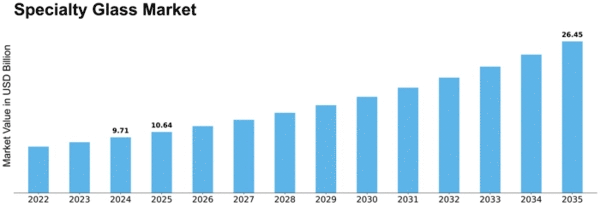


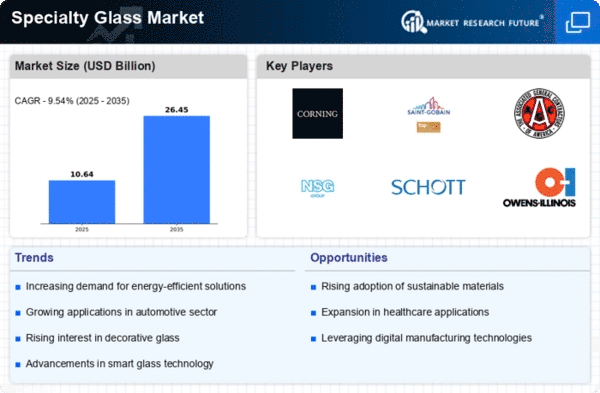
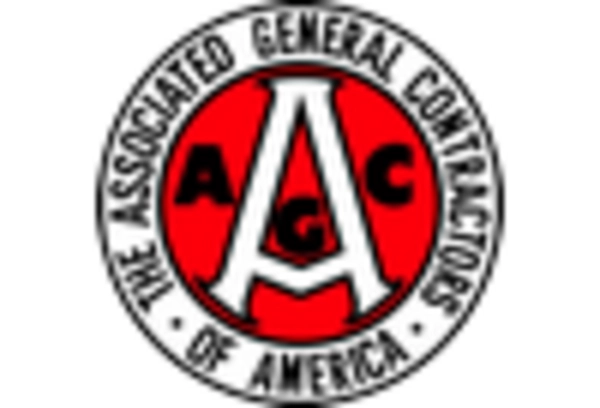
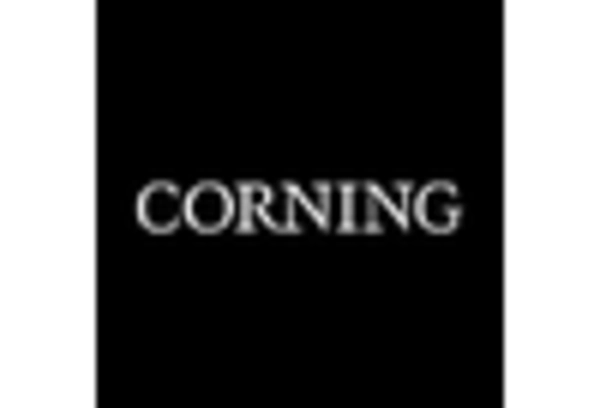
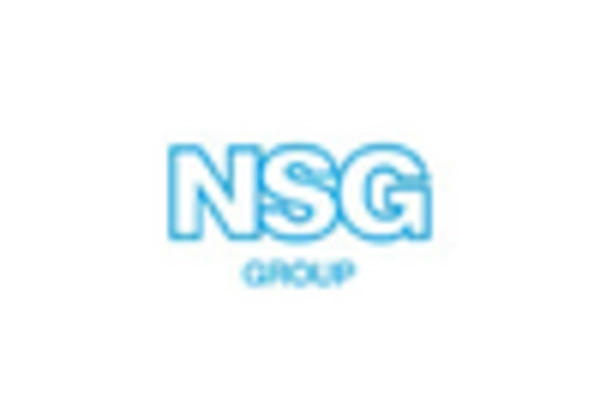
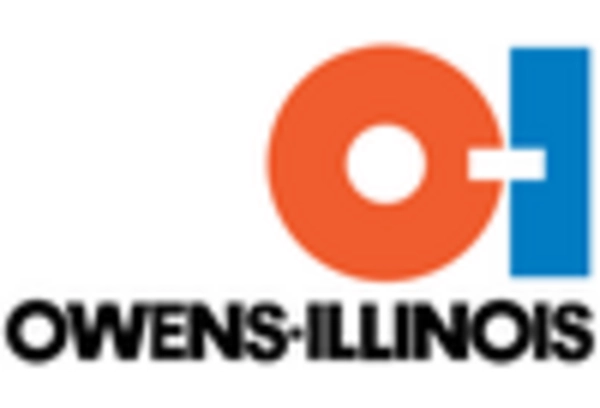

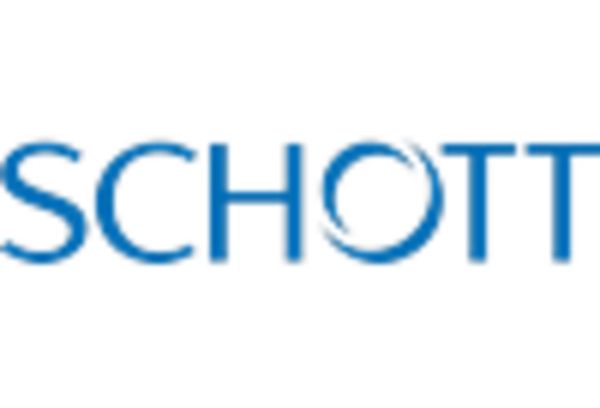









Leave a Comment